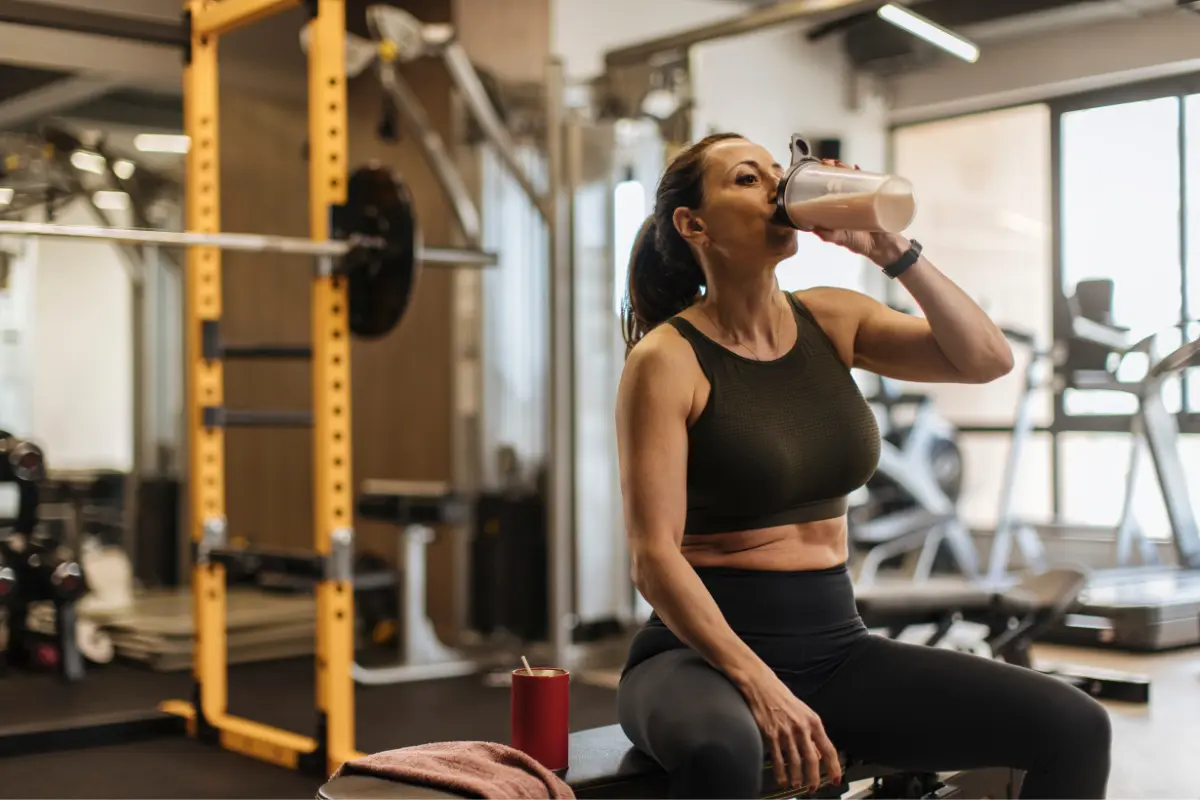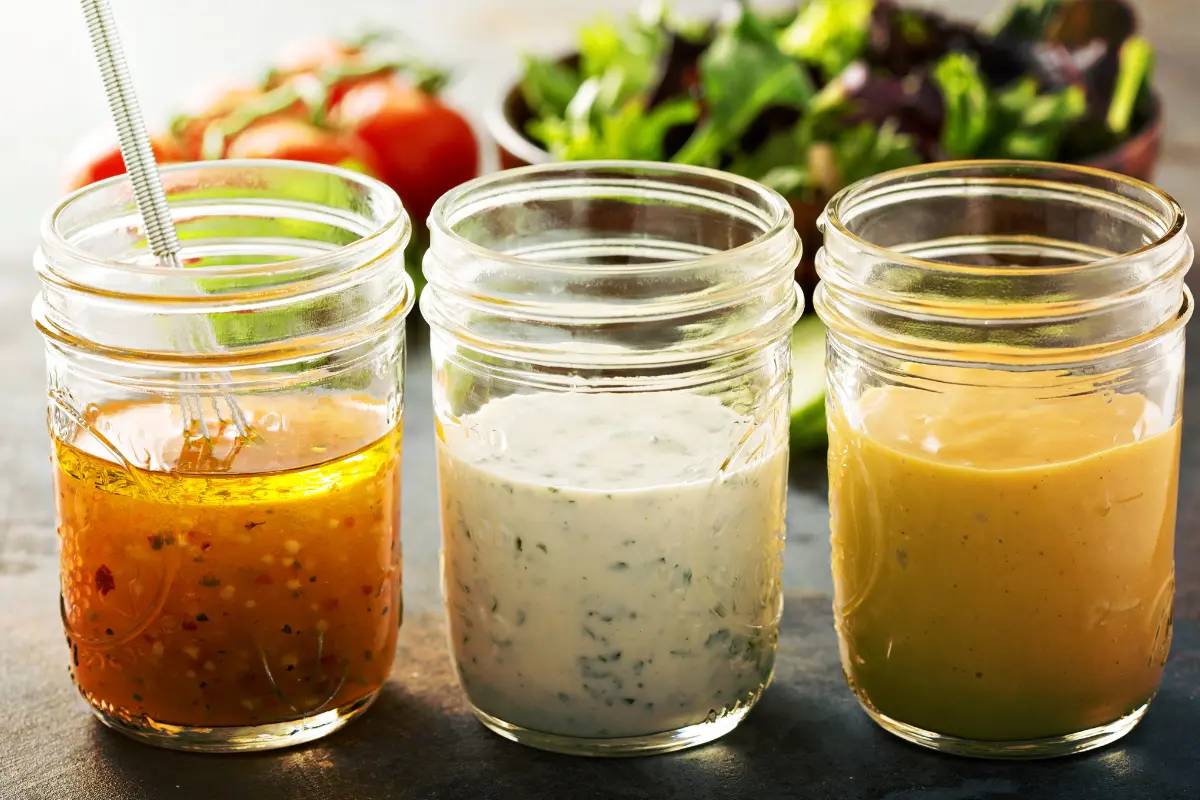
You hit the gym consistently. You push yourself through tough workouts. You're putting in the effort, but are you seeing the results you truly want – lean muscle, fat loss, and improved performance? If things feel stalled, the missing piece might be hiding in plain sight: your workout nutrition.
What you eat (and when you eat it) in relation to your training sessions could be the difference between going through the motions and truly transforming your physique and capabilities. Forget generic advice; understanding how to fuel your body specifically for exercise is crucial for anyone who takes their fitness seriously (like you!).
This guide breaks down the science behind effective workout nutrition in a way that's easy to understand and apply. We'll cover everything from nutrient timing to specific macronutrient needs, empowering you to optimize your eating habits and finally see the rewards for your hard work.
Why Your Workout Nutrition Strategy Matters
Think of your body like a high-performance vehicle. You wouldn't expect top speed or efficiency running on low-quality fuel or an empty tank, right? The same applies to your muscles and energy systems. Proper workout nutrition provides:
Advertisement
-
Energy to Perform: Consuming the proper nutrients before training ensures you have readily available energy to power through demanding sets, lift heavier, and maintain intensity.
-
Muscle Preservation & Growth: Adequate protein intake around your workouts helps prevent muscle breakdown (catabolism) during exercise and provides the building blocks needed for repair and growth (anabolism) afterward.
-
Enhanced Recovery: Replenishing nutrients after exercise kickstarts the recovery process, reducing muscle soreness and preparing your body for the next session more quickly.
-
Optimized Body Composition: Strategic fueling supports muscle gain and fat loss by influencing hormone levels, metabolism, and nutrient partitioning, which directs nutrients toward muscle cells rather than fat storage.
Ignoring your workout nutrition means leaving potential results on the table. Ready to fix that?
Advertisement
The Core Principles of Effective Workout Nutrition
While individual needs vary, several key principles form the foundation of a solid fueling strategy. Understanding them helps you make smarter choices about your training schedule.
Understanding Nutrient Timing
Nutrient timing refers to the strategic consumption of nutrients, primarily carbohydrates and protein, based on your workout window. Although the infamous "anabolic window" (the idea that you must consume protein within 30-60 minutes after workout) isn't as strict as once believed, timing still plays an important role, particularly in maximizing performance and recovery. The goal is to ensure nutrients are available when your body needs them most.
Pro tip: Getting in this fuel ASAP after workouts is still extremely beneficial if you train on an empty stomach (fasted). More on that below.
Mastering Pre-Workout Fuel
What you eat before your workout significantly impacts your energy levels and performance during the session. The focus here is primarily on carbohydrates for energy and some protein to help preserve muscle.
-
What to Eat: Aim for easily digestible carbohydrates and a moderate amount of protein.
Advertisement
-
Examples (1-3 hours before): Oatmeal with fruit and a scoop of protein powder, chicken breast with sweet potato, Greek yogurt with berries and a sprinkle of granola.
-
Examples (30-60 minutes before): a piece of fruit (ex, banana), small rice cakes, or a sports drink, if preferred or needed for intense sessions.
-
What to Limit: High-fat and high-fiber meals right before training can cause digestive discomfort for some people and impede their body’s ability to use carbs and protein effectively. Experiment to see what works best for you.
-
Hydration: Don't forget water! Aim to be well-hydrated going into your session.
Optimizing your pre-workout fuel ensures you have the gas in the tank to train effectively.
Advertisement
Optimizing Post-Workout Recovery
After training, your body is primed to absorb nutrients to repair muscle tissue and replenish its energy stores (glycogen). This is where post-workout recovery nutrition comes in.
-
Protein Power: Consuming adequate protein after your workout provides the amino acids needed to repair muscle damage and stimulate muscle protein synthesis, the process by which new muscle is built. Aim for around 20-40 grams of high-quality protein.
-
Examples: Whey protein shake, chicken breast, fish, eggs, Greek yogurt, tofu.
-
Carbohydrate Replenishment: Consuming carbohydrates helps refill muscle glycogen stores depleted during exercise. The amount needed depends on the intensity and duration of your workout, as well as your overall goals. A 1-on-1 nutrition coach can help you nail this down more specifically. Combining carbs with protein after a workout can help enhance glycogen resynthesis and muscle repair.
-
Examples: Rice, potatoes, quinoa, fruit, oats.
Advertisement
-
Timing: While not a strict 30-minute rule, consuming your post-workout meal or shake within a reasonable timeframe (e.g., 1-2 hours) is generally beneficial for maximizing recovery.
Effective post-workout recovery nutrition helps accelerate repair and prepares you for your next workout.
The Bigger Picture: Overall Performance Nutrition
While pre- and post-workout meals are essential, they are just two pieces of the puzzle. Your total daily intake of calories, protein, carbohydrates, and fats is the ultimate driver of your results. Performance nutrition encompasses your entire dietary strategy.
-
Consistency is Key: Hitting your daily macro and calorie targets consistently is more impactful than nailing just one pre- or post-workout meal perfectly.
-
Hydration: Maintaining continuous hydration throughout the day is crucial for optimal performance, recovery, and overall health.
Advertisement
-
Micronutrients: Don't neglect vitamins and minerals found in whole foods like fruits, vegetables, and lean proteins. They play vital roles in energy metabolism, immunity, and countless bodily functions.
Think of your daily nutrition as the foundation, and workout nutrition as the targeted support system around your training.
Macronutrient Breakdowns for Workout Nutrition
Let's briefly touch on the roles of each macronutrient, specifically in the context of fueling your workouts:
-
Carbohydrates: Your body's preferred energy source, especially during moderate-to-high intensity exercise. Carbs are stored as glycogen in muscles and the liver. Timing carbs around workouts ensures that you have sufficient energy and replenishes depleted stores. The type matters too – complex carbs provide sustained energy, while simple carbs offer quicker fuel (useful right before or during long sessions). Curious about carb cycling? Click here for our RDN-approved carb cycling tips to support performance and fat loss.
-
Protein: Essential for repairing muscle tissue damaged during exercise and building new muscle. Consuming protein before and/or after training helps create a positive protein balance, favouring muscle growth and recovery. Prioritize foods that are complete protein sources, containing all essential amino acids.
Advertisement
-
Fats: Crucial for overall health, hormone production, and absorbing fat-soluble vitamins. While essential in daily diets, large amounts of fat immediately before a workout can slow digestion and potentially hinder performance. Focus on healthy fats (avocados, nuts, seeds, olive oil) throughout the rest of your day.
Getting Your Macro Numbers Right:
While these principles apply broadly, your exact macronutrient needs depend on factors like your goals (fat loss vs. muscle gain), body weight, activity level, workout intensity, and individual metabolism. Generic recommendations only go so far.
Want to get a clearer picture of your estimated daily needs? Check out our Free Macro Calculator to get personalized starting targets!
Putting It All Together
So, what does this look like practically?
-
Focus on whole foods: Build most of your meals around lean proteins, complex carbohydrates, healthy fats, and plenty of vegetables.
Advertisement
-
Plan ahead: Structure your meals and snacks around your workout schedule to ensure you're fueled appropriately. Meal prepping can be a lifesaver here.
-
Listen to your body: Pay attention to how different foods and timing strategies make you feel during and after your workouts. Adjust as needed.
-
Stay consistent: The real magic happens with consistency over time, not perfection in a single meal.
Adequate workout nutrition isn't about rigid, complicated rules. It's about understanding the principles and applying them consistently to support your training and goals.
Ready to Maximize Your Workout Nutrition Results?
Understanding and implementing a smart workout nutrition strategy is fundamental to achieving the results you work so hard for in the gym. By paying attention to your pre-workout fuel, optimizing post-workout recovery, considering nutrient timing, and ensuring it all fits within your overall performance nutrition plan, you provide your body with the tools it needs to build muscle, burn fat, and perform at its best.
Advertisement
Are you feeling overwhelmed or unsure how to apply this to your body and goals? That's where personalized guidance makes all the difference.
Struggling to dial in your workout nutrition for your specific goals? Working Against Gravity nutrition coaching could make all the difference. Your coach will provide a personalized plan tailored to your body, workouts, and lifestyle, removing the guesswork so you can focus on results.
Schedule a Free Intro Call
Working Against Gravity has led the macro tracking and health space for over a decade. Our team doesn’t just understand the science of nutrition—we’ve spent years mastering the art of tailoring it to fit your life. That means no cookie-cutter plans, just real strategies that have worked for over 30,000 people.
Schedule a free call with our team to learn how working with a 1-on-1 WAG coach will help you reach your goals.



